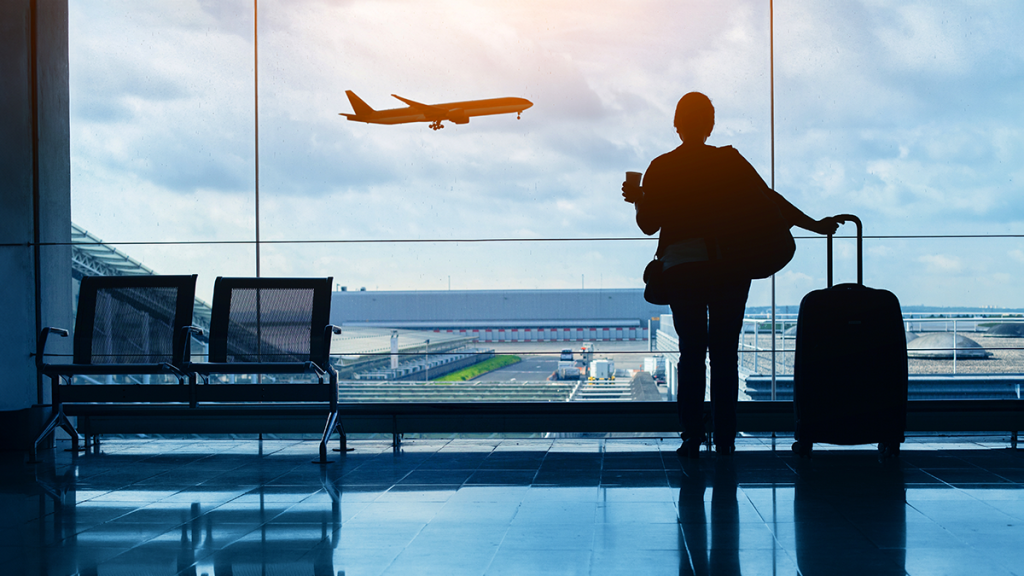Understanding the nomenclature of green travel
“Done well, tourism can be a significant force for good, both for nature and for local communities,” Tim Williamson, marketing director of Responsible Travel, an activist travel company, wrote via email. “Travel is important — but for it to be sustainable, we have to fly much less. We can’t offset our way out of the climate crisis. We can’t carry on consuming more, flying more, and plant some trees to balance it all out. We do have to restore nature, as well as — not in place of — slashing emissions.”
Green travel will not solve the climate crisis, but knowing what to look for can empower you to make choices that do less harm and more good if you do choose to travel. “The more informed you are, the more you’re able to influence things by creating demand for more sustainable and responsible tourism options,” said Edith Alusa, CEO of Ecotourism Kenya and a director of the board of the Global Ecotourism Network.
Here are some expert tips on how to decode the lexicon of green travel.
Don’t get hung up on the terms. The key to better understanding and identifying sustainable travel options is recognizing that it’s actually actions — not words — that matter. Definitions can vary from person to person, and over time, language evolves. “Impact is more important than semantics,” Williamson wrote. “The labels are different, but when you boil it down, they’re part of the same movement: They all share the ambition to make tourism better. It’s the substance behind the term that really matters.”
Do your homework. Anyone can slap sustainable-travel terminology on their website, but not everyone has the evidence to back it up. “There’s a lot of clever marketing around,” Williamson wrote. Keep an eye out for greenwashing (a deceptive practice of spending time and money trying to appear eco-minded but not taking action) and “be a bit critical. Don’t just accept terms or certification schemes — look behind the labels at the actual policies.”
Make a list. If you want to find responsible travel options, get clear with yourself. “Jot down the things that are really important to you and your own values,” said Jamie Sweeting, vice president of social enterprise and sustainability at adventure travel company G Adventures and the president of Planeterra, a nonprofit that focuses on harnessing the power of tourism for good. Maybe your list includes items such as cultural conservation, plant-based meals, and child and animal welfare, for example. Referencing your list and seeking travel options that align with your values can help you stay on track and avoid getting lost in the lingo.
Ask questions. “You need to be an investigator,” Alusa said. Before you book a tour or hotel, prepare questions. For example: Are they certified, accredited or held accountable in some other way, such as a membership organization? Do they support the local economy? What is their relationship with the community? Are they ensuring the preservation of the natural environment? Do they employ local guides?
Regardless of any trendy terms you might find on a website, search for solid evidence such as data, policies and reports. “Look for commitments that are measurable and seek travel providers’ annual reports showing successes and failures,” Shannon Guihan, chief sustainability officer and head of TreadRight for the Travel Corporation, wrote in an email. “We have a 5-year How We Tread Right (HWTR) sustainability strategy that details 11 measurable sustainability goals, and we report on progress annually.”
If you can’t find answers to your questions on a company’s website, contact the property or tour operator directly. “Ask what framework or strategies they have to ensure that they are contributing to conservation,” said Peris Aloyo, sustainability and client experience coordinator for Cottar’s Safaris in Kenya. “Do they have a CSR [corporate social responsibility program]? Do they have community outreach programs with the people they’re working with on the ground to ensure that local people benefit from their businesses?”
Susanne Etti, global environmental impact specialist at Intrepid Travel, suggested asking whether these businesses are actively engaged in efforts to monitor their carbon footprint to reduce negative effects on climate change. “Look beyond bold claims and great media coverage. Do a little digging to find out how they are tackling their environmental impacts,” she wrote via email.
Lean on and learn from other experts. You don’t have to navigate responsible travel and the ever-changing terminology alone. Contact organizations that provide training, accreditation and transparent standards, such as the Global Sustainable Tourism Council, and ask for guidance. Use do-good booking platforms and travel search engines such as Fairbnb, Kind Traveler, Responsible Travel and Tourism Cares. Call on a travel agent or operator who specializes in responsible tourism, understands the nuances of the nomenclature and has established relationships with trusted travel partners.
“Finding an operator who shares your personal values takes the pressure off planning and researching the trip on your own, especially when it comes to making responsible travel decisions,” Etti said. You can also join responsible travel communities on social media, where you can ask questions, share resources and learn alongside other travelers who share your values.
Understand that it’s a marathon, not a sprint. The evolution of terminology, while sometimes confusing, is evidence of the evolution of the travel industry — hopefully in a more sustainable direction. These terms have become popular, because more travelers are showing interest in making more informed choices. Sweeting said that this newer movement — particularly in response to the climate crisis, climate activist Greta Thunberg and travel-specific movements such as flygskam (flight shame) — has fueled a need for the industry to address the balance sheet of positive and negative effects.
And now, conscientious travelers are increasingly looking to go beyond just reducing their negative effects and are aspiring to be net-positive travelers. “Regenerative travel is taking things to the next level,” Sweeting said. “How can you use tourism as a regenerative tool to uplift your own life, your mental health, your physical health and your well-being while also using travel to regenerate the ecosystems, economy and people in the places you visit? Very little travel fits into that definition at the moment. But it’s wonderful as an aspirational goal for all travel to try to be regenerative in some manner.”
There is always more to learn and do. Sustainable tourism “is most certainly a journey and not to be mistaken with a fixed point,” Guihan wrote. We can keep moving in the right direction through the choices we make. “If sustainable tourism is the aspiration, then responsible tourism is the practices and behavior,” Alusa said.
Start now. Don’t let terminology intimidate you. “You can’t do everything at once right away,” Alusa said. “It’s incremental. The fact that you’ve decided that you want to think a little more about it, you’re already on the right track.” Decide what you can do, and commit to making more informed decisions. Maybe it’s opting for a form of transportation or accommodation that has a lower carbon footprint for your next trip. Maybe it’s exploring closer to home or immersing yourself in one destination rather than rushing around to see three. Maybe it’s contributing to a conservation or community project. “When you know better, do better,” Alusa said. “And be open to growth.”
Fitzgerald is a writer based in Honolulu. Her website is thisissunny.com.
Potential travelers should take local and national public health directives regarding the pandemic into consideration before planning any trips. Travel health notice information can be found on the Centers for Disease Control and Prevention’s interactive map showing travel recommendations by destination and the CDC’s travel health notice webpage.





